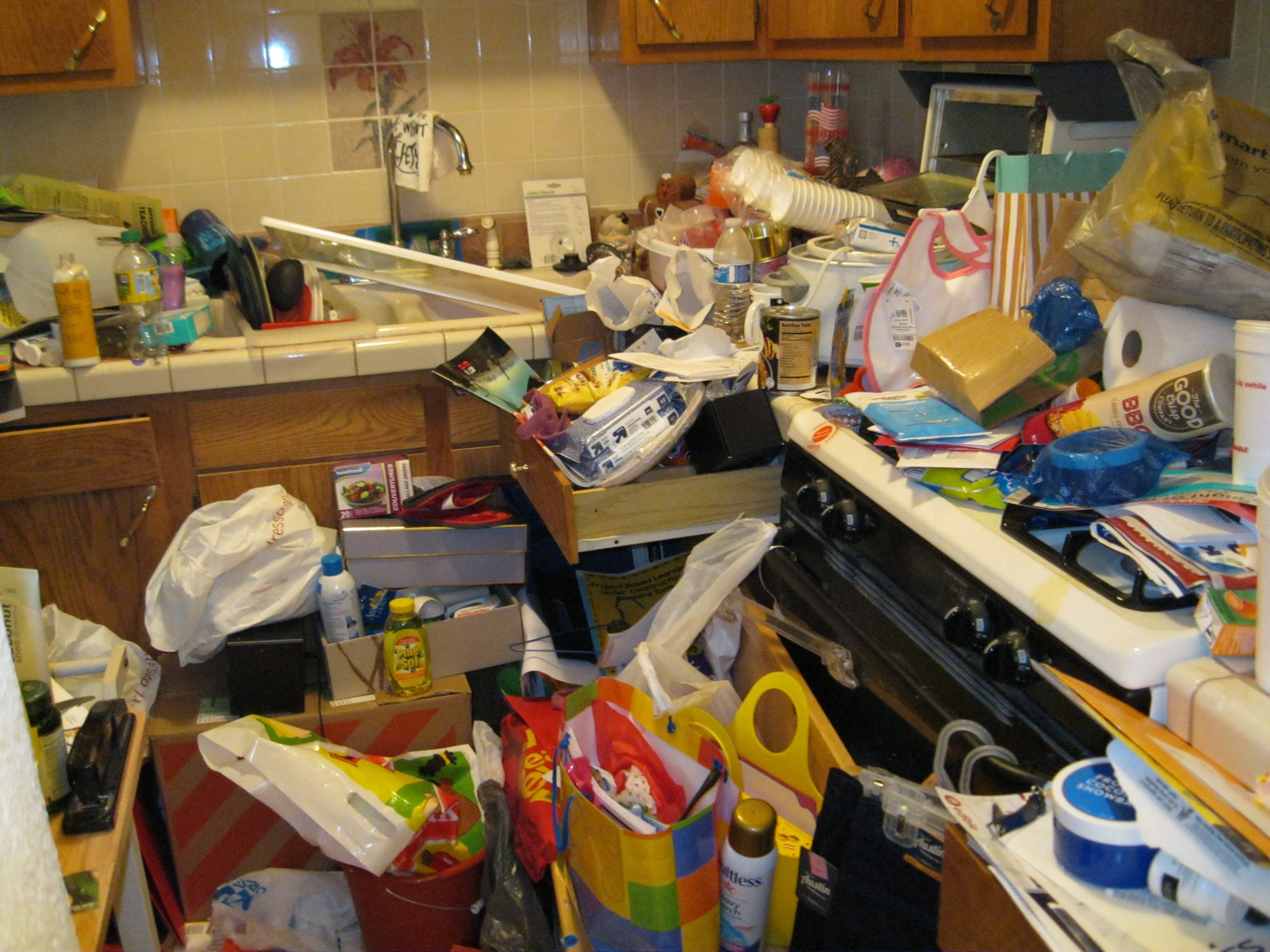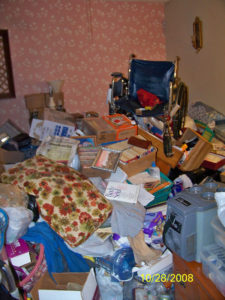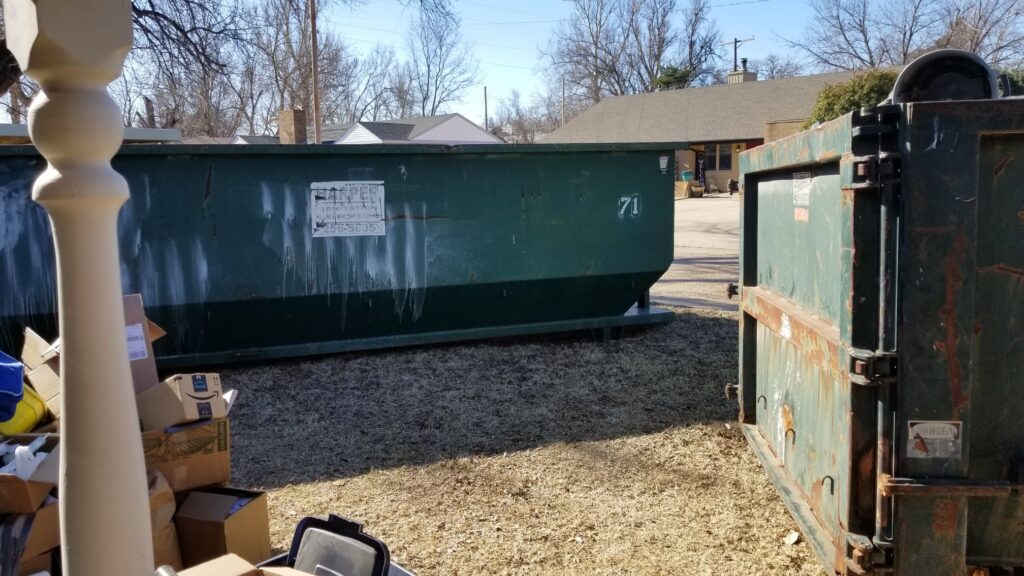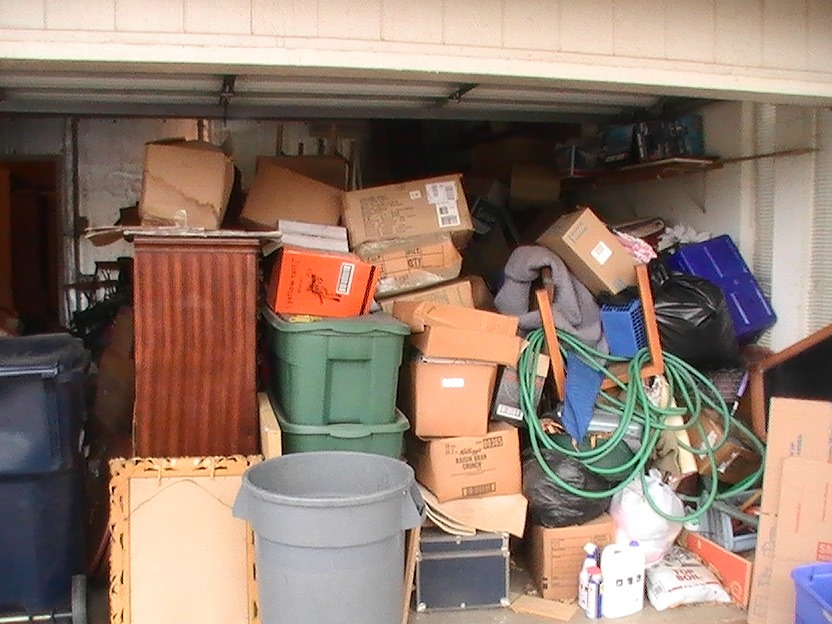We recognize the unique challenges posed by hoarding situations. Our empathetic and experienced team is dedicated to helping you de-clutter and restore your living space with the utmost care and respect for your privacy and possessions.
Confidential and non-judgmental assistance
Complete Hoarding Cleanup – Occupied or Vacant
Customized De-cluttering and Organizational Plans
Recovery of Legal Documents, Sentimental Items, and Valuables
Delivery of Roll off Trash Containers from 3 to 40 Yards
Bio hazard Cleanup and Disposal Including Animal and Human Waste

Hoarding cleanup should only be performed by people that are trained in dealing with hoarding and the often associated psychological disorders. The cleanup of a hoarding house can often lead to anxiety, depression and rage even when the hoarder is willing to have their home cleaned. The training our crews receive for hoarding cleanup addresses these issues and how to reduce the feelings a hoarder may feel. Call the experts at Extreme Hoarding Experts today to learn more about hoarding and hoarding cleanup. We look forward to answering your questions.
Extreme Hoarding Experts in the following states of: Texas, Oklahoma, Arkansas, Louisiana, Mississippi, Alabama, and Tennessee.
Texas leader in hoarding and pack rat cleanup and restoration. In fact, Extreme Hoarding Experts is asked to provide training on hoarding for civic groups, code enforcement, volunteer organizations and others. Our cleaning crews are trained to deliver professional, courteous service to all our clients. We have provided our specialized hoarding cleanup service for more than 175 homes in Texas, Oklahoma, Arkansas, Louisiana, Mississippi, Alabama, and Tennessee. On average we assist 1-3 hoarding homes each week.
Call or Text Us 24/7
Phone Number
1 844 246 2733
We are offering new rates for the new year. we do not charge travel, mileage, or hotel rooms, as some other companies do. we have stream lined our cost, to better help our clients. Our prices are competitive with local companies , and most of the time 15% to 20 % less. We understand that most people work during the week we do work weekends at no additional charge. Week end rates are the same as weekly rates.
Call for free estimate.
Our Services
20 Years of Experience
our professional clean up team has the experience and in depth training necessary to handle the heavy emotional involvement present in hoarding cleanup and removal. Our professional removal team understands that hoarding is not simply the result of laziness or an unwillingness to take care of one’s environment, but often is the physical manifestation of underlying psychological illnesses or disorders which are not the fault of the hoarder
QUESTIONS AND ANSWERS
ABOUT COMPULSIVE HOARDING
Right now, compulsive hoarding is considered by many researchers to be a type of obsessive-compulsive disorder. However, for some people, compulsive hoarding may also be related to:
Certain Personality Traits
Impulse Control Disorders (such as impulsive buying or stealing)
Depression
Social Anxiety
Bipolar Disorder
We don’t know exactly. Some researchers have guessed that about half of one percent of the population suffers from compulsive hoarding, but the actual number may be much higher.
People usually start hoarding during childhood or early adolescence, although the problem usually does not become severe until the person is an adult.
Compulsive hoarding may run in families.
Many people with compulsive hoarding do not recognize how bad the problem really is; often it is a family member who is most bothered by the clutter.
Compulsive hoarding is thought to result from problems in one or more of these areas:
Information processing. People with compulsive hoarding often have problems such as:
- Difficulty categorizing their possessions (for example, deciding what is valuable and what is not)
- Difficulty making decisions about what to do with possessions
- Trouble remembering where things are (and so they often want to keep everything in sight so they don’t forget)
Beliefs about possessions. People with compulsive hoarding often:
- Feel a strong sense of emotional attachment toward their possessions (for example, an object might be felt to be very special, or a part of them.)
- Feel a need to stay in control of their possessions (and so they don’t want anyone touching or moving their possessions.)
- Worry about forgetting things (and use their possessions as visual reminders.)
Emotional distress about discarding. People with compulsive hoarding often:
Control their uncomfortable feelings by avoiding making the decision or putting it off until later.
Feel very anxious or upset when they have to make a decision about discarding things.
Feel distressed when they see something they want and think they can’t feel better until they acquire that object.






